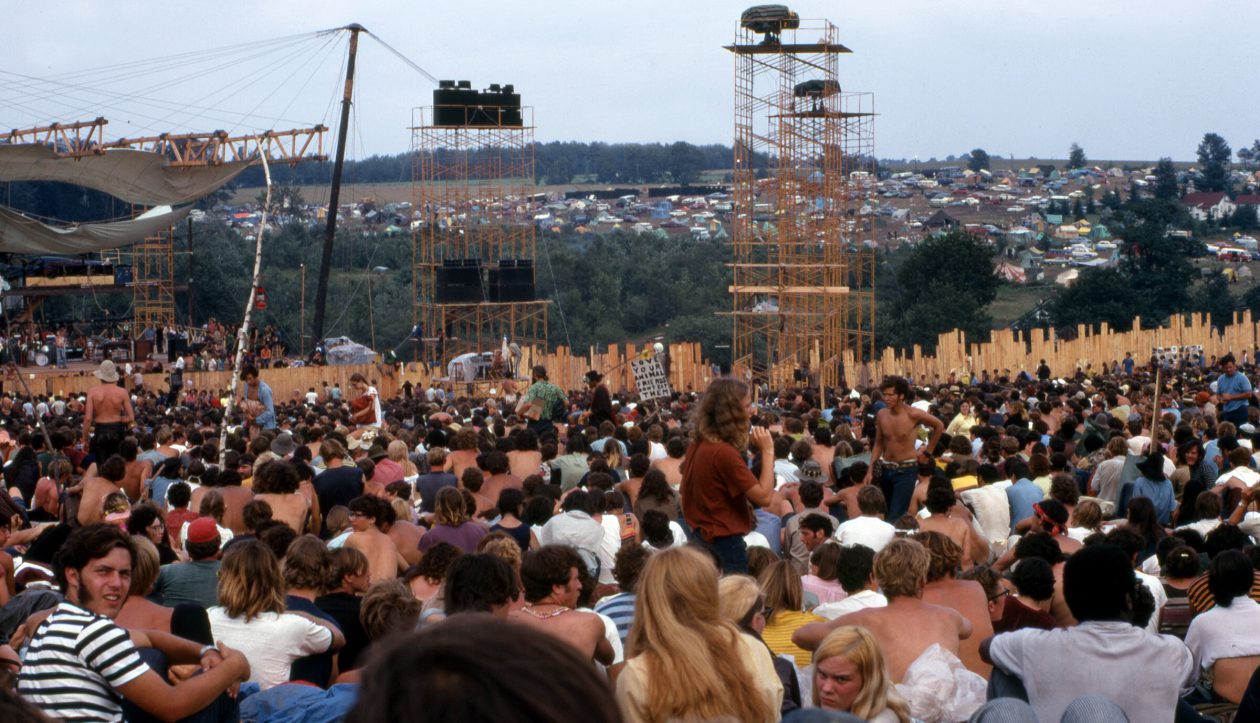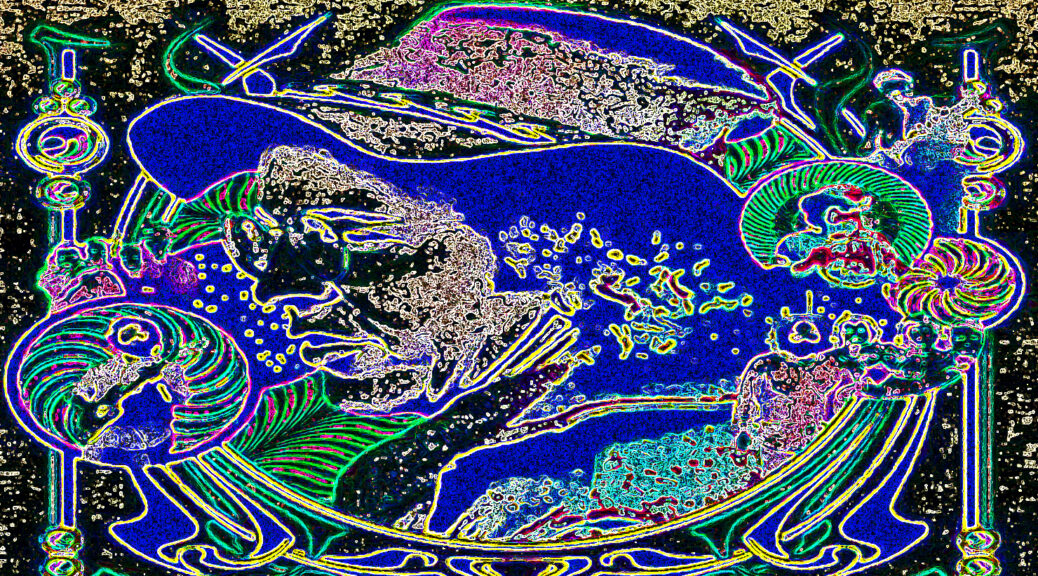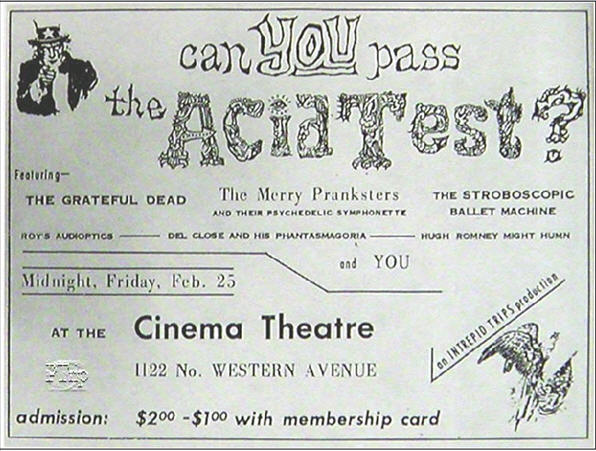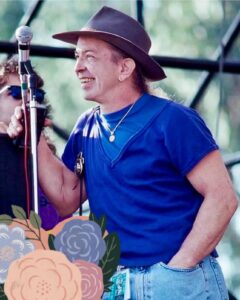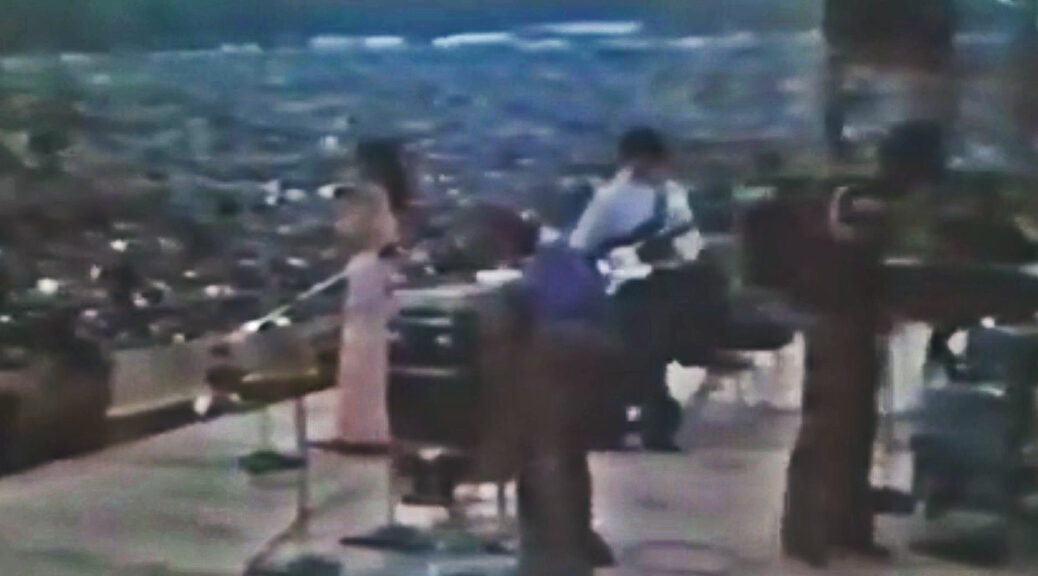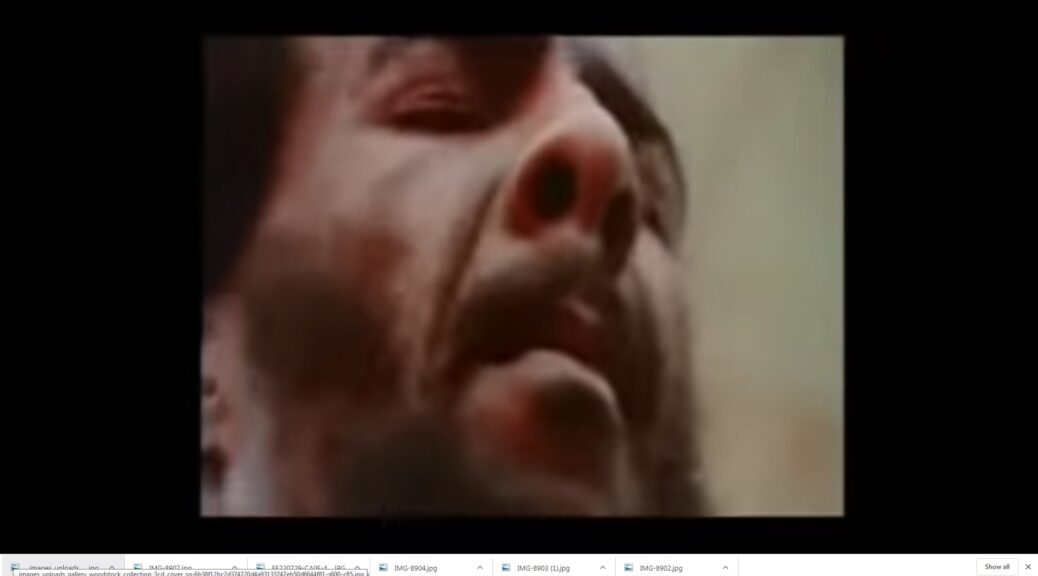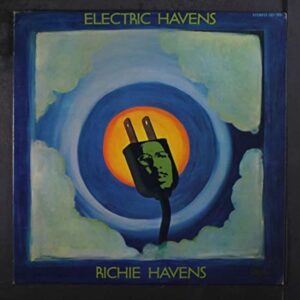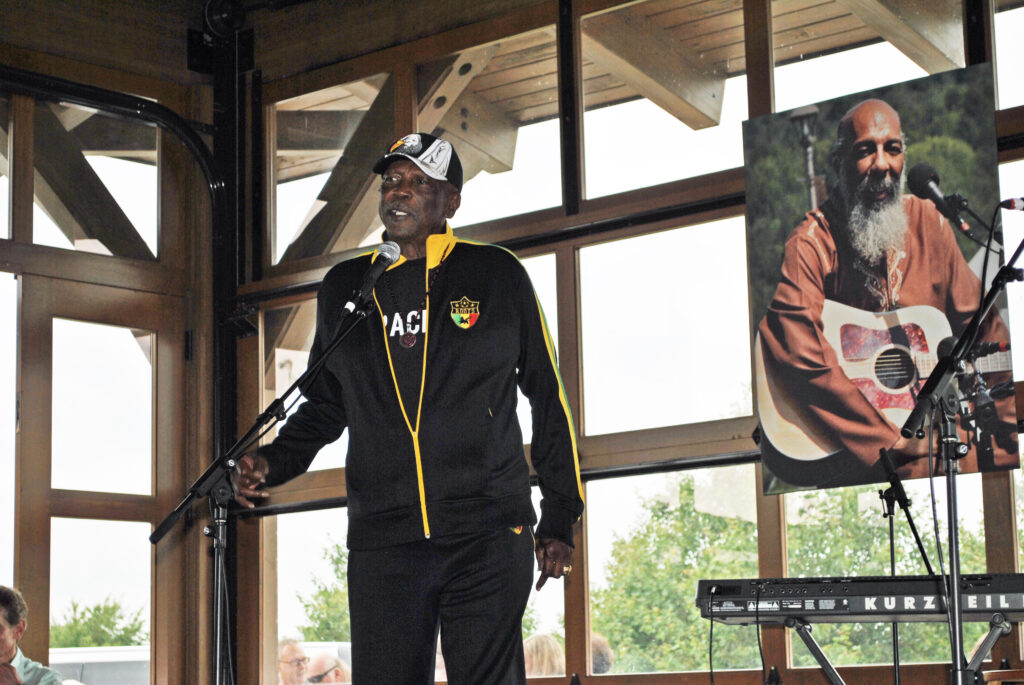Augustus Bear Owsley Stanley
What a long strange trip it was
January 19, 1935 – March 13, 2011

In Robert Greenfield’s “The Life and Times of Augustus Owsley Stanley III,” an epigraph quotes Stanley:
I am not interested in having a biography of any kind published about me or any mention of my childhood. anything written about me should be about the things I’ve done and the skills and talents I have and not, “He grew up here, he went to this school, he was in trouble there” and all that bullshit. Because that the way you create celebrityhood and I’m not into being celebrity. I don’t give a shit.” January 31, 2007
Augustus Bear Owsley Stanley
Blue-blood Bluegrass Heritage
August Owsley Stanley III had deep roots in Kentucky. William Stanley, his great grandfather, fought for the Confederacy in the Civil War and became governor of Kentucky.
His grandfather, the first Augustus Owsley Stanley, had a long successful political career as a Democratic Congressman, a US Senator, and the governor of Kentucky. His defeat in a Senate re-election campaign was due mainly to his being against prohibition.
His father, A O Stanley, Jr, worked for President Franklin Roosevelt in the Reconstruction Finance Corporation. He joined the Navy during World War II and was aboard the USS Lexington during the Battle of the Coral Sea the day the Japanese successfully sank the ship.
Augustus Bear Owsley Stanley
Peripatetic Student
Some young people do not fit easily into the typical American educational system’s structure. A O Stanley, III was one of them. He was bright, inquisitive, intuitive, impatient, and did not understand the constraints school rules placed upon students.
After his parents divorced, he moved with his mother to Los Angeles only to move back to Virginia to live with his father who had remarried. He entered the Charlotte Hall Military Academy. He became part of its boxing team there and its coach encouraged an all-protein diet, something that became permanent part of Stanley’s life. It was while at Charlotte Hall that students nicknamed him “Bear” because of his hairy chest. The school expelled him after an alcohol-related incident that he had spearheaded.
He then entered the Washington-Lee High School (now Washington-Liberty) in Arlington, VA, but left there to voluntarily enter St Elizabeth’s Hospital for where he was a patient for 15 months.
He returned to Washington-Lee, but due to a lack of credits, he was kept a Junior. Owsley stayed that year and quit.
Despite not having a high school diploma, he was able to enter the University of Virginia’s School of Engineering. He didn’t like it much and left after a year.
Augustus Bear Owsley Stanley
Peripatetic Young Adult
He didn’t stay home for long before moving to Washington, DC to live with his paternal grandmother and he didn’t stay there long before moving to Los Angeles and getting a job at Rocketdyne where he stayed for about a year before joining the Air Force in June 1956. The Air Force assigned him to the Rocket Engine Test Facility’s salvage yard in the Mohave Desert.
The Navy discharged him after 18 months and he moved back to Los Angeles and worked in TV and radio.
He also began to take classes at Los Angeles City College.
Augustus Bear Owsley Stanley
Russian Ballet Roulette
Around this time, Stanley saw Vladimir Vasiliev perform in the Bolshoi Ballet. He fell in love with both the language and the art. He took Russian classes as well as ballet. As much as he loved the training, he realized that he had started far too late to ever achieve the goal of becoming a company dancer. Keeping himself in top physical condition became a priority.
Augustus Bear Owsley Stanley
Marriage Divorce x 2
He married in 1961. Had a son Peter. Divorced and remarried. Had a daughter Nina. He divorced again and moved to Florida.
In January 1964 he moved back to California and entered University of California, Berkeley campus.
Augustus Bear Owsley Stanley
Emergence
He moved into an apartment called the Brown Shoe with a group of Berkeley students. They were grass smokers and a Charles Perry lived there. Perry would later write for Rolling Stone magazine under the pseudonym of Smokestack El Ropo.
Cannabis was OK for Stanley, but he preferred speed and sold morning glory seeds (for their hallucinogenic use) to purchase methamphetamine.
He dropped out of Berkeley and got a tech job with KGO-TV. His Brown Shoe roomies threw out the manic Bear. Constant middle of the night roaring motorcycle rev ups were the final straws.
While looking for some accurate scales at Berkeley to weigh some speed, he met Melissa Cargill, a chemistry grad student. They befriended, he enticed her away from her boyfriend, and she moved in with him.
Augustus Bear Owsley Stanley
LSD
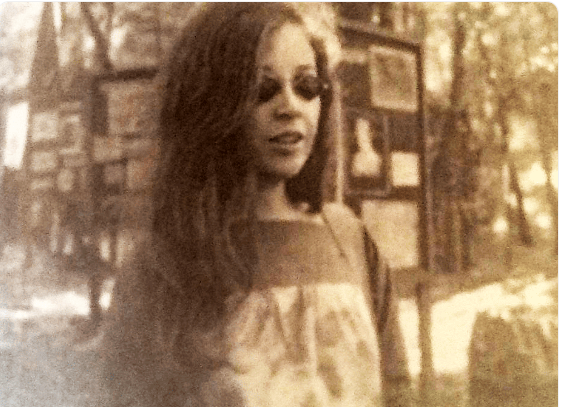
Someone gave LSD to him. He liked it and wanted more, but could not find what he wanted. He decided, with the help of Cargill, he could make some.
He formed Bear Research Group, which enabled him to purchase the necessary chemicals under its business aegis. Stanley’s intensity, enthusiasm, and money combined with Cargill’s knowledge of chemistry, would trial and error them to an unequaled expertise.
Augustus Bear Owsley Stanley
He Fought the Law
On February 21, 1965 police raided their lab under the assumption that Stanley was making speed, which was illegal. He was, but he’d hidden most of that evidence and the only thing the police took as evidence were some chemicals for LSD, which was not illegal.
After an expensive trial Stanley (financed from his speed sales) that “showed” what the police had seized was not speed, the court dismissed the case.
On March 30, 1965, 100 grams of lysergic monohydrate, one of the necessary ingredients for LSD, arrived. By May, the first LSD went on sale.
Despite his canonized reputation as a chemist, Stanley never considered himself to be one. My father once observed, “If you can read, you can cook.” Stanley described himself as a great chef.
Augustus Bear Owsley Stanley
The Kybalion
 Always attracted to esoteric knowledge, Stanley found The Kybalion, a book published in 1908. Among its many tenets was that all is mind and nothing can exist unless it is first thought. Physicality comes from a mental manifestation of that thing.
Always attracted to esoteric knowledge, Stanley found The Kybalion, a book published in 1908. Among its many tenets was that all is mind and nothing can exist unless it is first thought. Physicality comes from a mental manifestation of that thing.
For someone who had discovered LSD, such an idea influenced him immensely.
Stanley also thought of alchemy. For most of us, when we hear alchemy we think of early scientists’ attempt to turn lead into gold, but the idea behind that latter description was the search for insight: the road from lead (ignorance) to gold (enlightenment).
Again, Stanley’s use of LSD fit hand in glove with such a perspective.
Augustus Bear Owsley Stanley
Merry Pranksters/Muir Beach
In October 1965, Owsley met Ken Kesey (both 30) and his Merry Pranksters. Neither was particularly impressed with the other. Kesey already had a source for LSD, but Kesey and the Pranksters gradually found Owsley’s product superior and a relationship developed which meant that acid tests became part of Stanley’s life.
December 10, 1965: Stanley attended the Mime Troupe Benefit organized by Bill Graham at the Fillmore Auditorium. The Jefferson Airplane, the Great Society, John Handy Quintet, the Mystery Trend, the Gentlemen’s Band, the VIP’s and the Grateful Dead performed. It was the first time Stanley had heard the Dead,
Robert Greenfield quotes Stanley’s response to the Dead in the book Dark Star. “In December ’65, I really heard the Grateful Dead for the first time. …I was standing in the hall and they were playing and they scared me to death. Jerry’s guitar terrified me. I had never before heard that much power. That much thought. That much emotion. I thought to myself, “These guys could be bigger than the Beatles.”
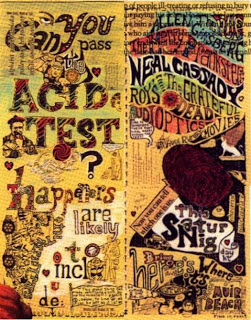 The next night, December 11, 1965 was the Muir Beach Lodge acid test, the third acid test, and the first for Stanley. The combination of the Dead and taking his own acid abundantly lead to an historic relationship, but after Stanley had a trip that for many would have been their last.
The next night, December 11, 1965 was the Muir Beach Lodge acid test, the third acid test, and the first for Stanley. The combination of the Dead and taking his own acid abundantly lead to an historic relationship, but after Stanley had a trip that for many would have been their last.
Though he did not meet Stanley in person until January 8, 1966, Grateful Dead bassist Phil Lesh, in his Searching for the Sound, described Stanley’s experience that night: He first showed up on our screens pushing a chair around the floor, in love with the screeching sound of plastic on linoleum, reminding me how I had once felt that the sound of an unlubricated truck transmission was singing to me. I didn’t meet him that night; after the Test was over, he crashed his car on the way home up Mt. Tam. As he related it to us later, he’d spun off the road and seen his whole life — all the incidents of a crowded lifetime in seconds — as a tape loop. Where the splice is, “That’s birth and death”, he swore.
Augustus Bear Owsley Stanley
Soundman/Financier/Trips Festival
On that January 8 Lesh mentioned to Owsley that the band needed a soundman. A door opened and Owsley rushed in to forge an historic relationship with the band that resulted not only his becoming their soundman, but their financial backer as well.
Mainly organized by Stewart Brand. the Trips Festival on January 21, 22, & 23 at the Longshoremen’s Hall at Fisherman’s Wharf in San Francisco followed.
The advertisement for the festival said that it would be “…the FIRST gathering of its kind anywhere. the TRIP –or electronic performance –is a new medium of communication & entertainment. Stanley provided the LSD and the what became the biggest Acid Test of all.
Augustus Bear Owsley Stanley
LA Tests
By February 1966, Stanley was part of the Dead and flew them to LA to participate in the continuing series of acid tests and to play other gigs as well.
When he was 18, Stanley had permanently injured his right ear while swimming, which lessened his ability to hear high-pitched sounds in that ear. He compensated for the loss by learning more about sound and learning electronics to do that.
His idea was record the Dead so they could self-evaluate their shows came out of that recording ability and many of Stanley’s recordings are outstanding ones even though recorded live–and often while very high.
While in LA the band did four acid tests:
- February 12, 1966: the Watts Acid Test at the Youth Opportunities Center
- February 19, 1966: the Northridge Unitarian Church Acid Test
- February 25, 1966: the Sunset Acid Test at the Avar Theater (postertrip.com article)
- March 12, 1966: the Pico Acid Test at the Danish Center.
Augustus Bear Owsley Stanley
Olompali
Their time together in LA was difficult for the Dead living with Stanley. Among the issues faced was his all-protein diet (Bob Weir reportedly became a vegetarian in reaction) and need to be in control.
Leaving LA, the Dead rented a mansion in Olompali State Historic Park, about 45 miles north of San Francisco while Stanley stayed mainly in Berkeley.
The Dead also broke with Stanley regarding his insistence on certain sound equipment that was so heavy to set up, break down, and transport, that it took hours to do. He exchanged the old equipment he’d paid for for a still high quality lighter sound system that he also paid for. Stanley’s insistence on quality sound permanently stuck with the Dead.
Augustus Bear Owsley Stanley
Media Fear and Loathing
By the spring of 1966, the media had discovered LSD and wrote stories that emphasized its danger to youth who the media already considered dangerous.
Life Magazine’s March 25 issue had an article: “The Exploding Threat of the Mind-Drug That Got Out of Hand.”
On May 31, 1966, California and Nevada passed legislation making illegal the manufacture, sale, and possession of LSD.
On October 6, 1966, the LA Times did a full-length feature on Stanley, referring to him as Mr LSD. Two days later, the San Francisco Chronicle reprinted the article.
The Dead got such a kick out of Stanley’s exposure (completely unwanted by Stanley himself) that they wrote the song Alice B Millionare.
Your yesterday’s are all left behind
There’s a brand new light in your mind
You don’t need a key to define
What’s written on the magic sign
There’s no time to cry
Augustus Bear Owsley Stanley
1967
Gathering of the Tribes
On January 14, 1967, Owsley supplied LSD for an even larger festival, The Gathering of the Tribes, a Human Be-In, held in San Francisco’s Golden Gate Park.
In April, Owsley visited Timothy Leary, the east coast figurehead of LSD, at the Hitchcock Estate in Millbrook, NY. Stanley and Leary had met in LA in the spring of 1966, but Stanley wasn’t impressed. He left Millbrook in 1967 equally unimpressed after the lukewarm reception he received there.
On his way back to New York City, a State Police Officer, who had earlier given directions to Stanley, pulled over the car, searched it, “found” incriminating evidence, and arrested Stanley.
Thousands of dollars later, the case was tossed and the judge reprimanded the officer.
Monterey Pop Festival
June 16 – 18 was the Monterey Pop Festival. Though the Fantasy Fair the week before was the first rock festival, Monterey is far better known because of D.A. Pennebaker’s amazing film, its soundtrack, and the revelatory performances of Janis Joplin and Jimi Hendrix.
Made at his new facility in Colorado, Stanley provided his “Monterey Purple” LSD to any who wanted it. Ravi Shankar adamantly refused and was upset with even Stanley’s offer. Lighting person Chip Monck had simply wanted something to keep him awake, but accidentally took some. Brian Jones, instructed by John Lennon, brought back a supply to the UK hidden in a camera lens. That LSD helped fuel the filming of the Beatles’ Magical Mystery Tour.
A few days after the festival, Stanley convinced Jimi Hendrix to imbibe and then allow Stanley to record a solo performance. Afterwards, Jimi asked to see the cassette and summarily threw it into a fire. Lost forever. Jimi had a sense of humor, though, and he can be heard at the end of his live cover of the Beatles’ “Day-Tripper,” saying “Oh, Owsley, can you hear me now?”
Summer of Love Fiasco
With the media’s exaggerated reports of drug use, hippie culture, and free love, San Francisco’s 1967 Summer of Love became instead a failed haven for runaways and a successful one for those looking to take advantage of them despite the altruistic attempts to help by such groups as the Diggers.
In fact, on October 6, the Diggers organized Death of Hippie, a mock funeral staged meant to signal the end of the Summer of Love. Leaders carried a coffin down Haight Street and the crowd stopped for a “kneel-in” at the corner of Haight and Ashbury.
Lab Raid
To cap off Stanley’s increasingly tense year, agents raided his Orinda lab on December 21.
The Salem Capitol Journal reported: Five persons, including a college dropout known as “king of acid” who allegedly earned a million dollars manufacturing and selling LSD, faced federal arraignment today on conspiracy charges.
Augustus Owsley Stanley III, 32, whose grandfather was a Kentucky governor, congressman and U.S. senator, was arrested by agents of the Federal Bureau of Drug Abuse Thursday in a raid on a fashionable two-story home in this residential community 40 miles east of San Francisco. Stanley is known throughout the west as “king of acid.”
Pat Fuller, western director of the bureau, said the home contained “a very sophisticated chemical laboratory” and large quantities of chemicals.
Others seized were William A. Spires, 24, Robert D. Thomas, 29, Melissa Cargill, 25, and Rhona Helen Gissen, 26. They were booked on charges of “conspiracy to illegally manufacture a controlled drug.”
Augustus Bear Owsley Stanley
1968
Carousel Ballroom
With his LSD operation on hold, Stanley went back to being a soundman, this time at San Francisco’s Carousel Ballroom, a short-lived rock venue. (In July 1968, Bill Graham would takeover the Carousel and rename it the Fillmore West.)
Back with the Dead
In August 1968, Dan Healy, the Dead’s soundman, left the band and the Dead asked Owsley if he would like to come back. He accepted and also accepted the challenge of trying to dose Bill Graham. Graham was intensely suspicious of the Dead’s LSD pranks and took extreme measures (wrapping and taping tight his food to avoid a trick contact with the chemical, but on August 20 the Dead’s road crew successfully tainted the top of some soda cans that Graham unknowingly used.
Graham jammed with the band on a cowbell drummer Mickey Hart handed him for most of the show. Unfortunately, there is no known recording of Graham’s performance.
His arrest had forced more media exposure upon Stanley and reclusive to begin with, he decided to become Bear again. As a soundman, he also decided to help the band and himself by keeping a “sonic journal” of the shows, that is, recording them so he and the band could listen and learn how to sound better when playing live.
These and subsequent recordings by other sound recorders (notably Betty Cantor) as well as allowing the audience to record their shows have given the band an unequaled recorded canon.
Augustus Bear Owsley Stanley
1969, 1970, 1971
Steal Your Face
In June 1969, Stanley also came up with a practical idea: marking the Dead’s equipment with an easily identifiable mark to facilitate work at gigs and make sure the expensive equipment he’d purchased for them stayed with them.
Bob Thomas drew it and the ‘Steal Your Face’ lightning skull was born.
Woodstock
Woodstock happened for the Dead and Bear, but their set is considered by most to be below par. Equipment problems, weather, and other concerns were present for all of the performers, but those issues affected the Dead’s performance more than others.
While the Dead were part of the impetus of December’s Altamont Speedway Free Festival, they dropped out and only Bear was part of what Bill Graham would later call the “Pearl Harbor of Rock.”
Jailed
On January 30, 1970, a police raided at their hotel resulted in Bear and most of the Dead band being arrested. Luckily a good lawyer knew an ambitious district attorney and a $50,000 political contribution dropped the flimsy charges.
Unfortunately for Bear, though, on July 31, his bail was revoked and he went to jail. While their, Janis Joplin died on October 4. She was important to Bear and among the many sonic journals he’d made was live recording of Big Brother at the Carousel in June 1968. The recording, Live at the Carousel Ballroom 1968, was not released until 2012.
He felt close to Joplin also because they shared a birthday as well as the birthdays of Edgar Allen Poe, Richard Lester, Robert E Lee, and Paul Cézanne.
Fatherhood in jail
While he was still in jail, girlfriend Rhoney Gussen gave birth to a son (Starfinder) on December 21, 1970. Three months later girlfriend Melissa Cargill gave birth to a daughter. Iridesca, who later changed her name to Redbird.
While imprisoned at the Terminal Island penitentiary in San Pedro, California, Bear was assigned to food services, an ideal placement for him as he could manage to continue his all-protein diet.
Dead in jail
The Dead did a concert in the Terminal Island library on August 4, 1971.
Augustus Bear Owsley Stanley
1972
Release and back with the Dead (sort of)
After being transferred to a low security facility in Lompoc, CA, Bear was released a year early (of his 3-year sentence) on July 15, 1972.
He returned to the Dead family, but in his absence the crew created their own routine that, not surprisingly, Bear disagreed with.
He tried to contribute in his persnickety manner, but he no longer had the seniority he once had.
He was able to add to his sonic journals from Dead performances as well as other band.
Augustus Bear Owsley Stanley
Wall of Sound
He did convince the band that he could create the best sounding PA system that anyone ever had. He did and it became known as the Wall of Sound.
The problem with this amazing sound system was the number of components, its size, and its weight. Assembled, it stood 40 feet high and 70 feet wide. There were 174 12″ and 288 5″ JBL speakers as well as 54 Electro Voice tweeters.
It required 26,000 watts to drive and that meant 55 McIntash MC-3000 amps. There were 9 different channels and 4-way crossover.
It cost $35,000 and weighed 75 tons.
Drummer Bill Kreutzman described the Wall as “Owsley’s brain in material form.”
It first appeared on March 23, 1974 at the Cow Palace in Daly City, CA.
By August, the crew threatened to quit en masse because of the impossibility of setting up and breaking down the massive system.
Augustus Bear Owsley Stanley
Weed Farmer: 1974 – 1981
With the Dead taking a hiatus and the chances to manufacture LSD drastically curtailed, Bear turned to weed, though the amount he could grow vs the amount of money he could make by selling it was still not even close to his LSD profit margin.
In fact, he was nearly killed in an attempted robbery his crop.
Soundman/Dreams/Australia
The Dead invited him to do sound for a Seva Foundation benefit concert on April 25, 1981.
He assisted the band awhile, but in 1984 he began to have the same disturbing dream for several weeks. The dream centered around the Earth’s Northern Hemisphere and flooding. After researching and speaking with meteorologists, Bear came to the conclusion that there was going to be another Biblical deluge followed by a new ice age.
In 1984, he moved to Atherton, Australia with his family and some acquaintances and squatted on more than 100 acres. He set up buildings, a water collection system, and eventually succeeded in legally occupying the land despite initial resistance by Australian authorities.
Augustus Bear Owsley Stanley
Sheilah Manning
Owsley continued to come back to the United States and attend Dead concerts. Sheilah Manning worked for the Dead in their ticket office. As had regularly happened in his live, Owsley fell in love and doggedly pursued Sheilah. He sent her a round trip ticket to Australia. She did go, but it took four years of back and forth before she decided to stay. They would mary in 1995.
In the meantime, Australia told him that his tourist visa had expired and if he wanted to live there he needed to apply for residency. He applied as a “distinguished artist” and got friends to support the claim. Rolling Stones Keith Richards letter may have tipped the scales in Stanley’s favor.
Augustus Bear Owsley Stanley
Health decline/World Tour
In 2000, he had heart issues (blockages), but an operation was able to remedy them. His excellent physical condition aided his recovery.
In 2004 Stanley was diagnosed with cancer in his neck. Intense radiation treatments saved his life, but permanently affected his speech and ability to chew and eat.
In 2007, John Meyer, an old friend and a very successful founder of Meyer Sound, sent Stanley two tickets for a round the world tour. Done in a typical Stanley manner and accompanied by an extremely patient Sheilah, most flights were missed and hotel exits late. Overall, he and Sheilah had a wonderful time though.
On March 11, 2011, he and Sheilah were on their way home after a long trip that had resulted in the good news that Owsley had reached the five-year cancer free goal of all cancer patients.
Owsley was driving, the road was wet, and the car hit an oil patch. The paramedics arrived, but Owsley and Sheilah were trapped in the car.
In the end, an uninjured Sheilah had to hear an insensitive paramedic coldly tell her, “He’s dead.”
A funeral was held on March 22. Among the many tributes was a eulogy by Dead lyricist Robert Hunter:
An Anthem For Bear
Augustus Owsley Stanley III
Being less a name than a designation
The bearer of the appellation
Became, of his own inspiration
The Bear
Thus he became and thus remained
And every old-timer worth his salt
Has a tale or two to tell regarding same
Of the time the Bear did this or that
Incredibly singular, utterly apposite
Action without apology or shame
To his own particular undying fame
Unreachable, unteachable
A flame in the light of his own magnificence
Reflected in deeds dwarfing the achievements
Of the run-of-the-mill creative sort
By a factor of ten or more
King of many things was he
Of mortal physiology, the soul’s chemistry
Geography, geology
Not to mention the applied physics of sound
Regarding which, deaf in one ear
He pronounced stereo to be a distraction
Affording only one perfect seat in the house
Upon which to work its elusive illusions
And setting himself to design
The world’s most powerful hi-fi system to prove it
One suspects that, had he but one leg
He’d have seen the advantage in that
And invented accordingly, ingeniously
And, it goes without saying, successfully
Lovable and loving in the abstract
Effusiveness was not his hole card
His judgement swift, certain and irrevocable
The last word was his personal property
For the few times he was wrong, there is no accounting
Was there ever a man who changed so many
While himself changing so little
A cardinal sign, were there ever one
Fixed like a bright white star in dark blue heaven
Save sentimental eulogies for lesser men
And leave it that he was a king of many things
Of perfected personal taste and detailed opinion
First and last a scientist
And propounder of a brand new species of reason
No bucolic heaven for such as Bear
Rather a Rock of Ages
From where an eagle in full flight might dare
A sudden detour into endless dawn
Sail on, dear brother Bear
Sail on
Augustus Bear Owsley Stanley
Fare Thee Well
Grateful Dead/Attics of My Life/July 5, 2015
In 2015, the remaining members of the Grateful Dead played two series of concerts, one in Santa Clara, CA and one in Chicago, IL. Owsley’s son Starfinder brought some of Bear’s ashes to the Chicago concerts on July 3, 4, and 5 and placed the container in the soundboard.
Full of cloudy dreams unreal
Full of tastes no tongue can know
And lights no eye can see
When there was no ear to hear
You sang to me.
Seeking all that’s still unsung
Bent my ear to hear the tune
And closed my eyes to see
When there were no strings to play
You played to meIn the book of love’s own dream
Where all the print is blood
Where all the pages are my days
And all my lights grow old
When I had no wings to fly
You flew to meYou
flew
to me, to me.In the secret space of dreams
Where I dreaming lay amazed
When the secrets all are told
And the petals all unfold
When there was no dream of mine
You dreamed of me
